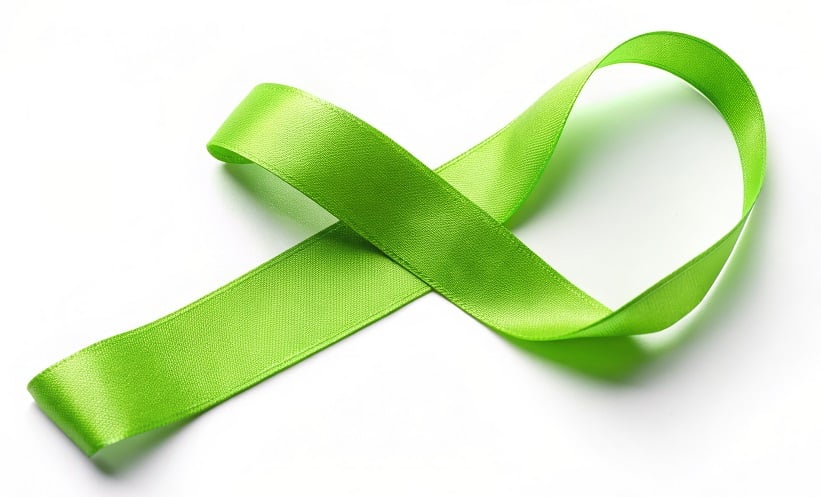A recent retrospective study has shed new light on the effectiveness of chimeric antigen receptor (CAR)-T cell therapy for patients with transformed indolent non-Hodgkin lymphoma (tiNHL), a historically high-risk group. The study, which included 1182 patients diagnosed with aggressive large B-cell lymphoma (aLBCL) between 2017 and 2022, focused on 338 individuals with tiNHL, representing 29% of the cohort.
The results indicated that CAR-T therapy produced similar rates of cytokine release syndrome (CRS) in both the tiNHL and de novo aLBCL groups (7% vs. 8%). However, neurotoxicity was less common in tiNHL patients (21% vs. 27%). Overall response rates were comparable (83% for tiNHL vs. 81% for de novo), with complete response rates favouring tiNHL at 67% compared to 59% in the de novo group.
Survival outcomes were also similar, with progression/relapse-free survival (PFS) and overall survival (OS) rates showing only slight differences between the two groups. At 24 months, PFS for tiNHL was 41%, and OS was 58%, while de novo aLBCL had PFS of 38% and OS of 52%. Notably, the study suggested a trend toward improved disease control in tiNHL patients.
The findings highlight the promising potential of CAR-T therapy in treating tiNHL, with manageable side effects and comparable outcomes to de novo aLBCL, making it a viable treatment option for this challenging patient group.
Helena Bradbury, EMJ
Reference
Thiruvengadam SK et al. Outcomes of CD19 CAR T in transformed indolent lymphoma compared to de novo aggressive large b-cell lymphoma. Am J Hematol. 2024. doi: 10.1002/ajh.27548.







